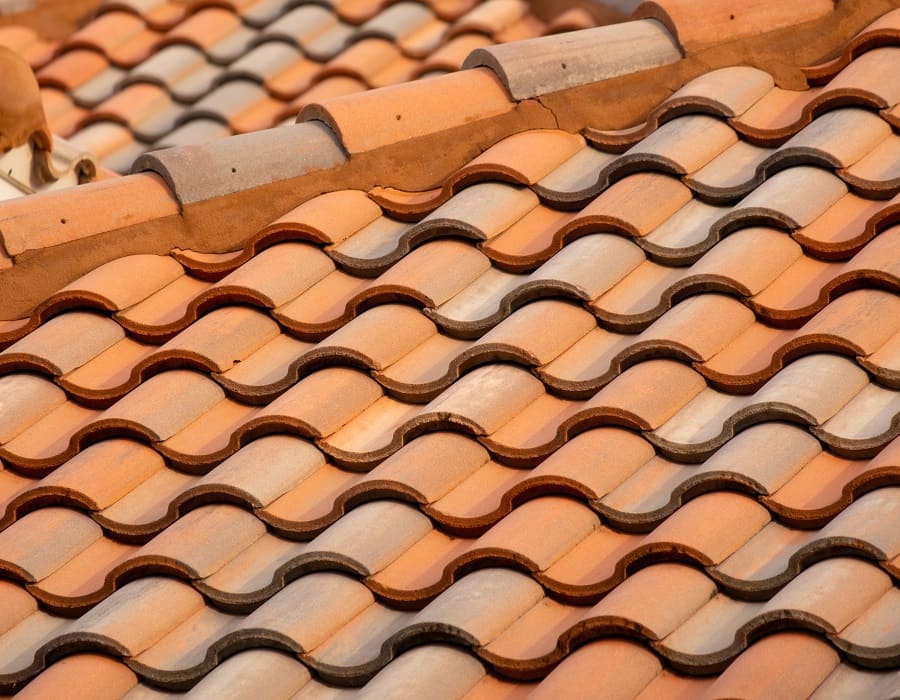Gutter guards have gained popularity as a solution to prevent debris buildup and clogging in gutters. While they offer certain advantages, it’s essential to delve into the potential drawbacks that make some experts and homeowners skeptical about their effectiveness. You must think; why gutter guards are bad?
In this comprehensive article, we will explore the reasons why gutter guards might not be the ideal solution for everyone.
Are gutter guards good or bad?
Before we discuss the downsides, let’s understand are gutter guards good or bad. Understand the promises made by gutter guards.
Manufacturers claim that these devices prevent debris buildup, reduce the need for frequent cleaning, and protect gutters from clogs. Additionally, they are marketed as a solution to enhance overall gutter performance.
Are gutter guards any good?
1. Reduced Maintenance:
Gutter guards can minimize the accumulation of leaves, debris, and other materials, reducing the frequency of gutter cleaning.
2. Prevention of Clogs:
By keeping larger debris out of gutters, guards help prevent clogs that could lead to water overflow and potential damage.
3. Extended Gutter Lifespan:
Gutter guards can contribute to the longevity of gutters by preventing the buildup of materials that may cause corrosion or deterioration.
4. Protection Against Pests:
Gutter guards act as a barrier, preventing birds, rodents, and insects from nesting or entering the gutters.
5. Improved Water Flow:
In many cases, gutter guards allow for better water flow by preventing blockages, which is particularly beneficial during heavy rain.
Why are gutter guards a bad idea?
Let’s discuss in detail why not to install gutter guard;
Installation Challenges:
- Complex Installation Process:
One of the common drawbacks of gutter guards is the intricate installation process. While professional installation is often recommended, the complexity can lead to mistakes, compromising the system’s efficiency.
- Misalignment Issues:
Improper installation may result in misaligned gutter guards, rendering them less effective in keeping debris out and water flowing smoothly.
Limited Effectiveness in Heavy Rain:
- Overflow Concerns:
Gutter guards are designed to keep debris out, but during heavy rainfall, they may struggle to handle the volume of water. This can lead to overflow issues, defeating the purpose of having a gutter system in the first place.
- Water Damage Risk:
If water overflow occurs, it can lead to potential water damage to the home’s foundation, siding, and landscaping.
Maintenance Challenges:
- Not Maintenance-Free:
While marketed as a solution to eliminate gutter cleaning, gutter guards still require maintenance. Debris can accumulate on the surface of the guards, creating a need for periodic cleaning to ensure their effectiveness.
- Difficult to Clean:
Some types of gutter guards are challenging to clean, and reaching the underlying gutters for thorough maintenance can be cumbersome.
- Aesthetic Concerns:
Certain types of gutter guards can alter the appearance of gutters. For homeowners who prioritize the aesthetic appeal of their homes, the addition of guards may not align with the overall design, leading them to avoid installation.
Expense vs. Value:
- High Initial Cost:
Gutter guards come with a significant upfront cost, including both materials and professional installation fees. Homeowners may question whether the initial investment is justified, especially considering the ongoing maintenance requirements.
- Return on Investment Doubts:
Some argue that the benefits of gutter guards may not outweigh the costs, especially when factoring in potential issues like installation errors and the need for periodic maintenance.
Compatibility Issues:
- Not Universal Fit:
Gutter guards are not universally compatible with all types of gutters and roof configurations. Homeowners with unique roof designs or older gutter systems may find it challenging to locate a suitable gutter guard solution.
- Ice Dam Formation:
In colder climates, gutter guards can contribute to the formation of ice dams. The guards may prevent proper water drainage, leading to the accumulation of ice, which can result in roof and gutter damage.
- Incomplete Debris Protection:
Gutter guards are not foolproof. While they can prevent larger debris like leaves from entering the gutter, smaller particles such as pine needles, seeds, or fine dirt may still find their way through. This can lead to a false sense of security, as homeowners may assume their gutters are fully protected.
Preference for Traditional Gutter Maintenance:
Some homeowners prefer the traditional method of cleaning gutters, either as a DIY project or by hiring professionals. They may feel that this approach provides them with better control over the cleanliness and condition of their gutters.
Limited Effectiveness in Certain Situations:
Gutter guards may not be suitable for all situations. For instance, homes surrounded by overhanging trees or in areas with a high concentration of airborne debris may still experience issues even with gutter guards installed.
Conclusion
In summary, while gutter guards have their advantages in reducing the frequency of gutter cleaning and preventing debris buildup. It’s crucial for homeowners to consider why gutter guards are bad?
The decision to install gutter guards should be well-informed, weighing factors. Such as installation challenges, effectiveness in various weather conditions, maintenance requirements, costs, and compatibility with existing gutter systems.
By understanding both the pros and cons, homeowners can make informed choices that align with their specific needs and circumstances.

